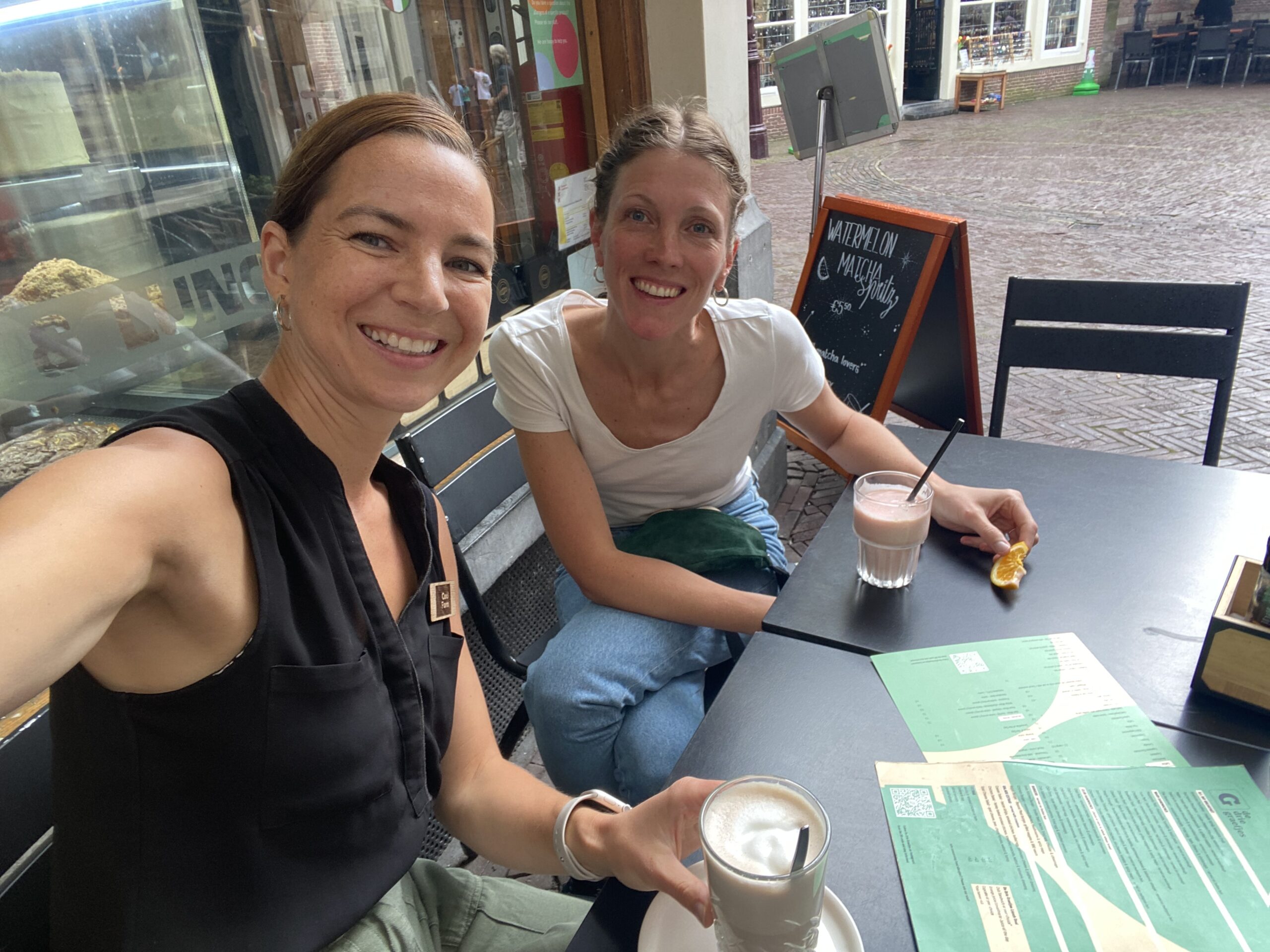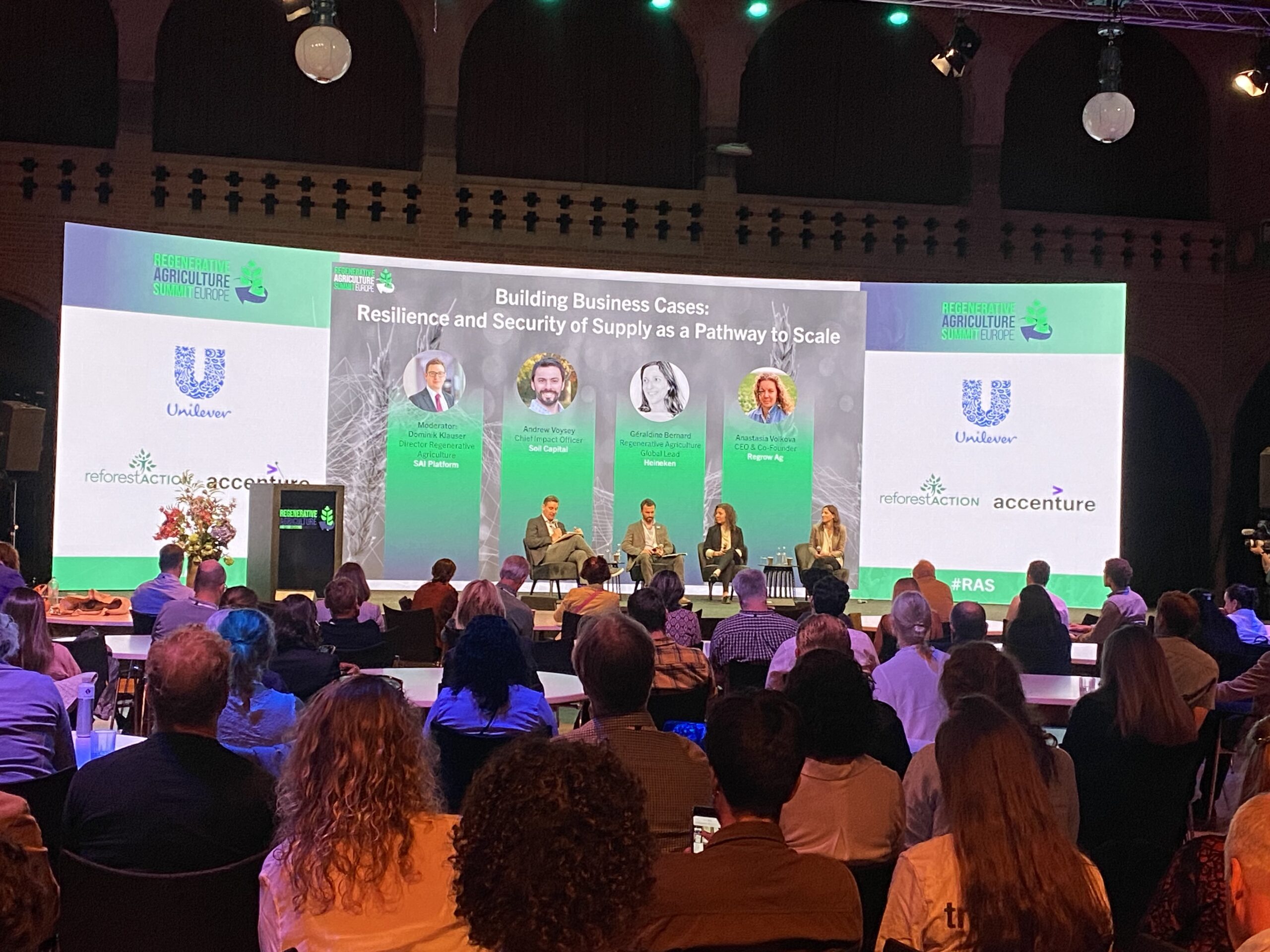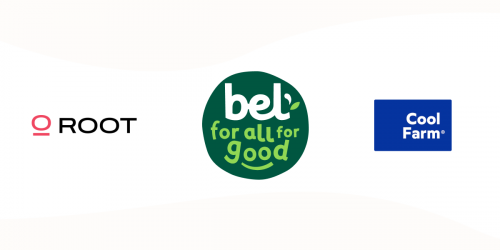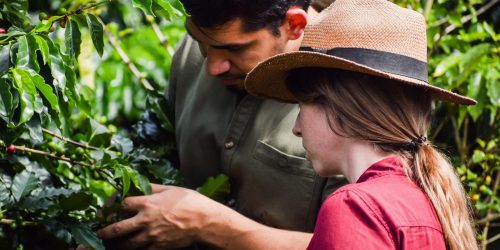This event brought together over 500 thought leaders, including farmers, industry leaders, and global corporations, all united by a passion for shaping the future of regenerative agriculture. The summit’s third edition was particularly notable for its focus on the real-world challenges faced by farmers, with their voices taking centre stage. Their insights emphasised the critical gap between high-level strategies and practical implementation, underscoring the need for policies that are designed with farmers, not just for them.
For Cool Farm, the summit reaffirms our commitment of aligning scientific knowledge, fostering collaboration across the industry to improve data collection and drive the adoption of regenerative practices.
Here are some of their key takeaways from the summit:
Farmers Perspective and Practical implementation
The input from farmers echoed the need for more grounded, actionable solutions that align with their day-to-day realities. It became clear that farmers should play a central role in decision-making, shifting away from a top-down model and empowering them to tailor practices to their local contexts. However, they require more support to overcome the legal, financial, and administrative challenges they face when implementing regenerative practices.
Financial Risk Management Across the Supply Chain:
Managing financial risk is crucial across all levels of the supply chain. Corporates must incorporate climate-driven risks like crop failures into their strategic planning, while banks can play a key role by offering blended finance models that distribute risk and provide more accessible loans to farmers. Farmers, meanwhile, need better access to financing, as well as guidance and education to help them meet new regulations and adopt regenerative practices.
Comprehensive Data Collection Beyond Carbon:
There is an increasing demand for robust data to validate the effectiveness of regenerative practices. While tools like the Cool Farm Tool help with data collection, the industry still lacks strong storytelling to communicate the full benefits of regenerative agriculture. Beyond reducing greenhouse gases, companies must prioritise gathering data on biodiversity and water management, and invest in sharing these successes in a compelling, data-driven narrative.
Action Over Perfection:
A major theme of the summit was the need for immediate action, even in the absence of perfect data. Pascal Chapot of Nestlé emphasised the importance of acting now, rather than waiting for ideal measurements. Similarly, Dominic Klauser from the SAI Platform championed the principle of “not letting perfect be the enemy of the good.” The focus should be on implementing outcome-based frameworks for regenerative agriculture now, rather than waiting for flawless metrics.
Industry Collaboration for Greater Impact:
Collaboration across the agricultural sector is vital for scaling regenerative practices. The summit highlighted the importance of collective action in addressing climate and sustainability challenges. Working together, rather than in isolation, will create more effective solutions for supporting sustainable supply chains and tackling shared environmental goals.
The Regen Agriculture Europe Summit provided invaluable insights into the future of regenerative agriculture. Nina and Michaela’s participation reinforced Cool Farm’s commitment to advancing regenerative practices and collaborating with industry leaders to shape a more sustainable agricultural future.










